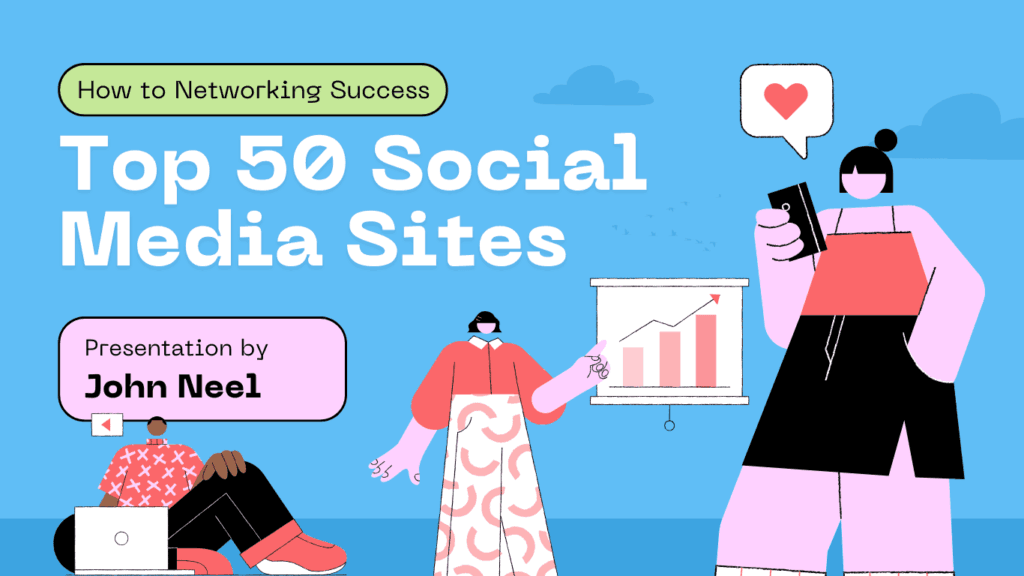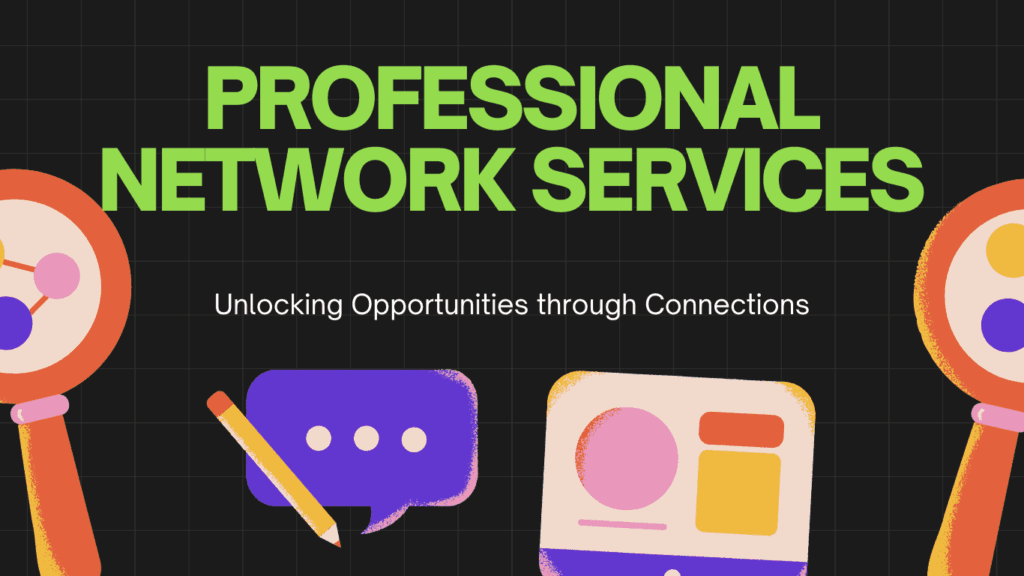Must-Know Best AI Skills for Digital Marketing 2025
★ AI Skills for Digital Marketing in 2025: The marketing landscape is undergoing seismic shifts, with artificial intelligence redefining core strategies and execution. By 2025, digital marketers lacking AI proficiency risk obsolescence as algorithms dominate customer interactions and campaign optimization. This transformation transcends basic automation; AI now crafts personalized content, predicts consumer behavior, and optimizes ad spend in real-time. Consider that 64% of marketing executives cite AI as critical for competitive differentiation (McKinsey, 2023). Platforms like Google Analytics 4 already integrate machine learning for predictive insights, while ChatGPT generates campaign copy at unprecedented scale. Marketers must now master prompt engineering, data interpretation, and ethical AI deployment. Key emerging competencies include: The urgency is clear: 80% of marketing roles will require AI literacy by 2025 (World Economic Forum). This isn’t about replacing humans but augmenting creativity with computational precision. Marketers who leverage AI as a force multiplier will dominate market share. ► Why AI Skills for Digital Marketing in 2025 AI in digital marketing is revolutionizing how brands connect with audiences. Unlike traditional methods, AI processes colossal datasets in milliseconds, uncovering patterns invisible to human analysts. This enables hyper-targeted campaigns that dynamically adapt to behavioral signals. For instance, Starbucks’ Deep Brew algorithm personalizes offers for 30M+ users, boosting revenue by 23% (Forbes). Three seismic shifts drive this transformation: Critically, marketing ROI hinges on AI’s ability to attribute conversions across fragmented digital touchpoints. Platforms like Singular track $8B+ in ad spend annually, using machine learning to assign value to each interaction. The transformation is irreversible: brands investing in AI see 3x higher conversion rates (Adobe). ► The Role of AI in Modern Marketing Strategies Modern AI in marketing strategies acts as the central nervous system of customer engagement. It synthesizes data from CRMs, social platforms, and IoT devices into actionable playbooks. Consider Coca-Cola’s AI-driven “Create Real Magic” campaign that analyzed user-generated art for billboard placement, yielding 17M+ impressions. Four strategic pillars define AI’s role: The most advanced strategies deploy closed-loop systems where AI continuously refines tactics based on performance. Nestlé uses Salesforce Einstein to correlate weather data with ice cream sales, triggering geotargeted promotions during heatwaves. This synergy between human creativity and algorithmic precision delivers 5-8x higher marketing efficiency (Deloitte). ★ Why AI Skills Are Crucial for Digital Marketers in 2025 AI skills for digital marketers in 2025 will separate industry leaders from laggards. As conversational AI handles 70% of customer service queries (Gartner), marketers must shift from execution to oversight. Core competencies now include training chatbots on brand voice, auditing algorithmic fairness, and interpreting neural network outputs. Five non-negotiable skills emerge: The talent gap is stark: 68% of marketers admit lacking technical AI literacy needed for their 2025 roles (LinkedIn). Forward-thinking organizations like Procter & Gamble now mandate AI certifications for promotions. Mastery of platforms like Jasper for content or Adext for audience targeting isn’t optional—it’s career insurance. ► The Impact of AI on Marketing Efficiency AI in digital marketing slashes operational friction while amplifying output. Campaign deployment that once took weeks now happens in hours via automated workflows. Programmatic advertising platforms like The Trade Desk execute 15M+ micro-decisions daily, optimizing bids across 500+ channels. This drives unprecedented cost efficiency: AI-reliant brands achieve 40% lower CPA (ClickZ). Tangible efficiency gains include: Crucially, marketing velocity accelerates exponentially. ChatSpot.ai drafts personalized LinkedIn messages in seconds, while Phrasee generates 10,000+ email variants overnight. This efficiency liberates marketers for high-value tasks like strategy and creative ideation. Brands leveraging AI achieve 3.5x more campaign iterations monthly (BCG), creating relentless competitive advantage. ► How AI Is Reshaping Consumer Engagement AI consumer engagement has evolved from transactional exchanges to anticipatory relationships. Emotion-sensing AI like Affectiva detects micro-expressions during video calls, allowing real-time messaging adjustments. Starbucks’ Deep Brew system remembers individual order histories, making baristas greet customers by name and preferred drink before they speak. Four engagement paradigms are emerging: The engagement metric itself is transforming. Predictive NPS (Net Promoter Score) models now forecast loyalty 60 days in advance by analyzing support ticket sentiment and usage patterns. This allows preemptive retention campaigns that reduce churn by 27% (Medallia). Crucially, AI humanizes digital interactions: 73% of consumers prefer chatbots that remember past conversations (Salesforce). ★ Top AI Skills Every Digital Marketer Should Master Digital marketing’s competitive landscape demands mastery of AI capabilities to stay relevant. By 2025, 85% of customer interactions will occur without human agents (Gartner), making AI proficiency non-negotiable. Modern marketers leverage algorithms for hyper-personalization, predictive analytics, and real-time campaign optimization. Brands like Netflix and Amazon attribute 35%+ revenue growth to AI-driven strategies. Essential competencies include: The skills gap is critical: 73% of marketers lack technical AI knowledge needed for current roles (Salesforce State of Marketing Report). This guide explores four high-impact skills with actionable implementation frameworks. Mastering these areas can reduce customer acquisition costs by 40% while tripling engagement rates. ► Machine Learning for Advanced Targeting Machine learning transforms targeting precision by analyzing behavioral patterns beyond human capability. Unlike rule-based segmentation, ML algorithms process thousands of signals in real-time – from browsing habits to purchase history. Spotify’s Discover Weekly uses collaborative filtering to analyze 600M+ user interactions weekly, driving 1.7B playlist discoveries monthly. Implement ML targeting through: Key implementation steps: Case in point: Sephora’s ML-powered Color IQ scans user photos to recommend foundation shades, increasing conversion rates by 32%. Marketers must understand feature engineering – selecting relevant data points like device type or session duration that significantly improve model accuracy. Master These 3 High-Income AI Skills for $150K+ in 2025 ► Natural Language Processing (NLP) for Content Optimization NLP revolutionizes content performance by decoding linguistic patterns that resonate with audiences. The technology analyzes semantic relationships, sentiment, and contextual relevance across millions of data points. The Washington Post’s Heliograf AI produces 850+ localized news variants daily, increasing reader engagement by 38%. Critical NLP applications include: Implementation blueprint: L’Oréal’s NLP implementation analyzes 500K+ monthly beauty forum discussions to identify emerging trends. Their subsequent campaigns see 47% higher CTR by mirroring community language. Remember: syntactic analysis (sentence structure) and entity recognition (keyword relationships) form NLP’s foundation for authentic content. ► Predictive Analytics for Campaign Success Predictive analytics anticipates outcomes before campaign launch using historical data patterns. Marketers forecast customer lifetime value, churn probability, and channel performance with 80-90% accuracy. Starbucks’ predictive model











